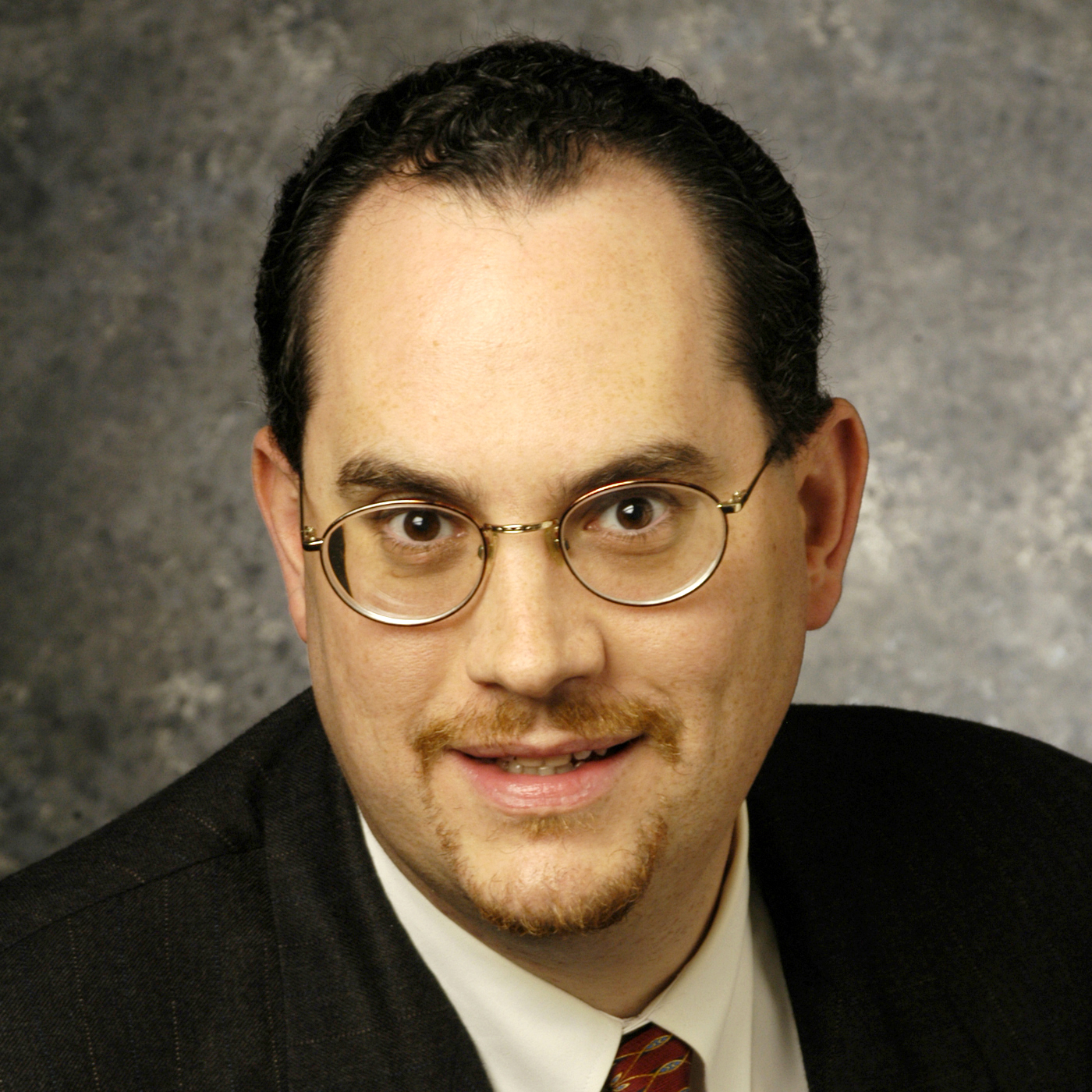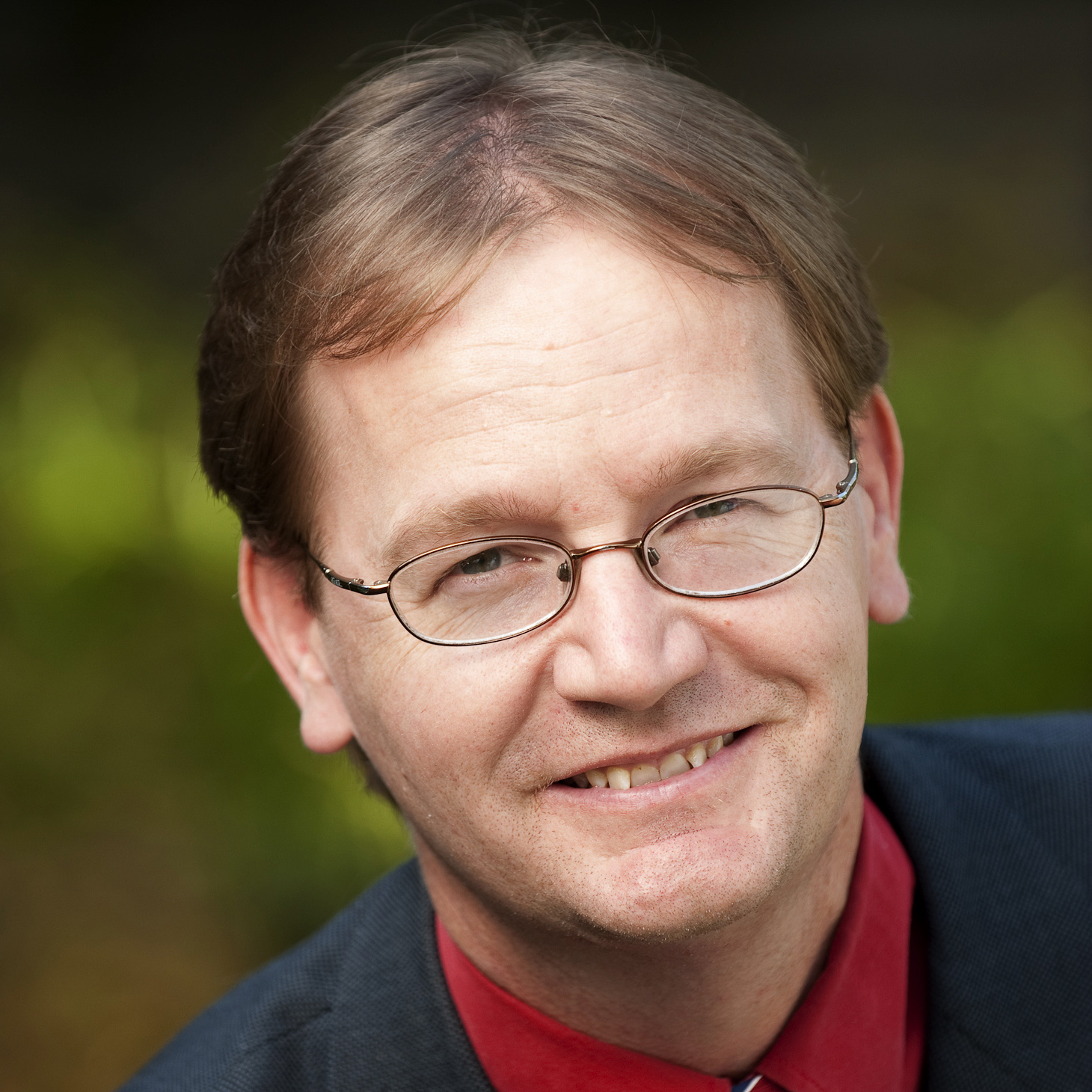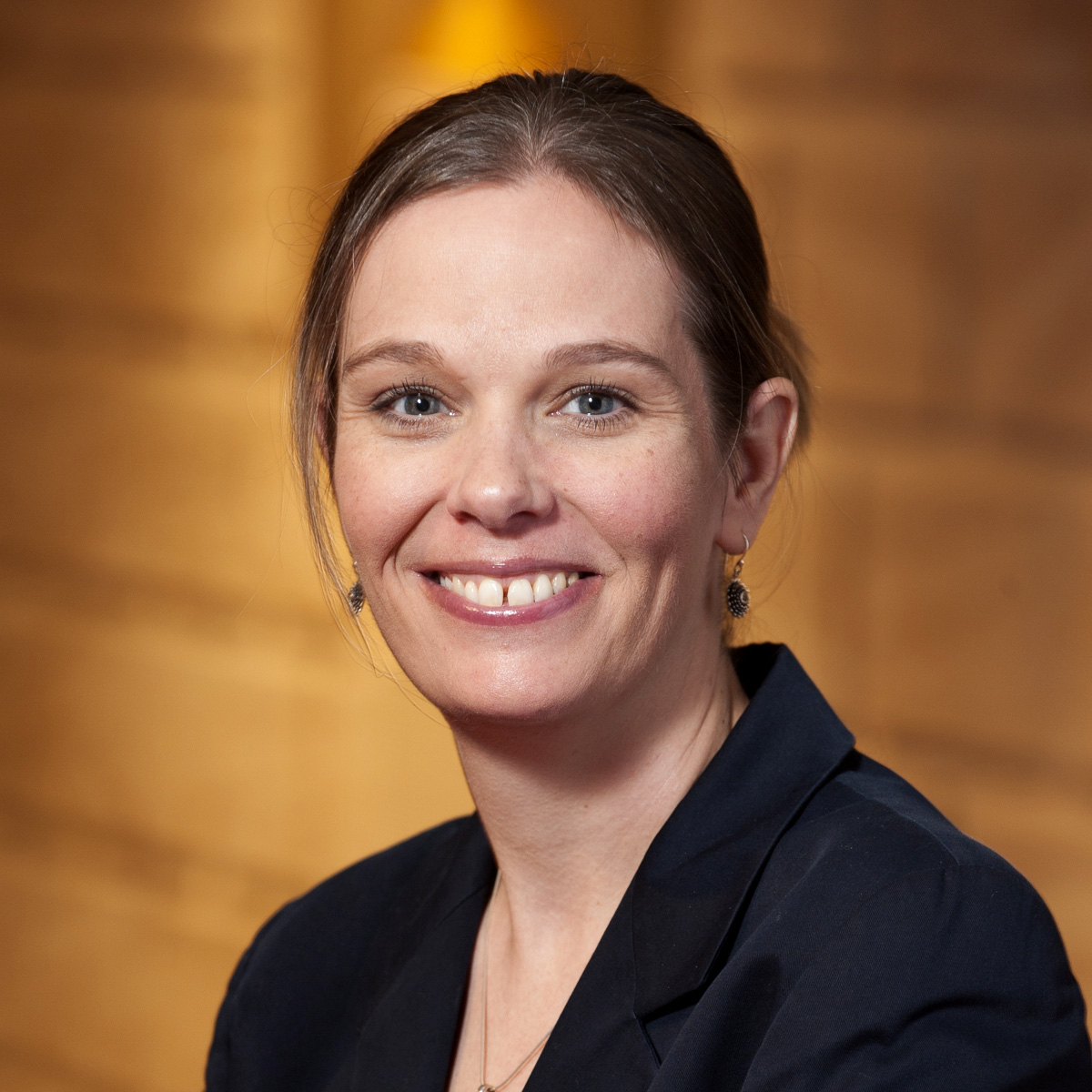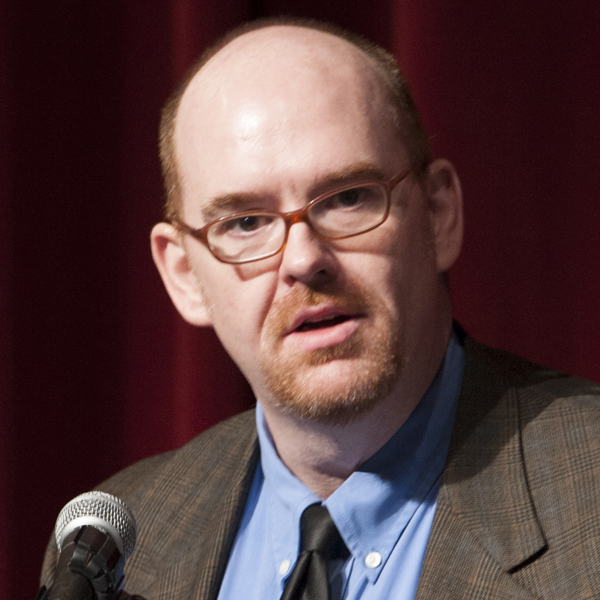Republicans struggle with art of attack as Trump threatens knockout victory in South Carolina
Republicans struggle with art of attack as Trump threatens knockout victory in South Carolina.
DALLAS (SMU) – SMU experts are available for interview on all things debatable in connection with Saturday’s prime time matchup between five GOP hopefuls ahead of the Feb. 20 South Carolina primary.
| AS RACE TURNS SOUTH, REPUBLICANS BRACE FOR SHIFT IN ELECTORATE | |
|
The Republican race took on a more moderate bend last week when it moved from conservative Iowa to middle-of-the-road New Hampshire, but that brief sprint to the center ends this week. The next GOP primary is in deep-red South Carolina, and the six remaining Republican candidates will have to shift their messages accordingly at Saturday’s debate. “That will make it very hard for John Kasich to do well,” Wilson said of the New Hampshire runner-up. “South Carolina has a lot of evangelicals, which could boost Ted Cruz.” The biggest concern for most of the candidates is again Donald Trump, who Wilson says continues to draw strength from the fractured establishment field. “The Republican Party has to hope these two contests in South Carolina and Nevada winnow the field to Trump, Cruz and just one other before Super Tuesday,” Wilson says. “Otherwise, Trump may pile up so many delegates that he becomes unstoppable.” Wilson is an SMU associate professor of Political Science who can discuss:
|
|
| THE ART OF ATTACK IS DEAD | |
|
Attacks between Republican rivals on the debate stage have an unfortunate track record of backfiring this election cycle. When Chris Christie launched a furious salvo against Marco Rubio last week, both candidates dropped in New Hampshire, and any candidate who has attacked Trump has done so at the peril of their own campaign. The lesson may have been learned, says Voth: The time of the attack may be over. “That attacks keep hurting the attackers remains difficult to understand,” Voth says. “Cruz and Rubio are going to start being deferential to Jeb Bush and Ben Carson and anyone else on stage they’re hoping can send voters their direction.” Voth is SMU’s director of debate and an associate professor of corporate communications and public affairs who can discuss:
|
|
| ESTABLISHMENT CANDIDATES HAVE TWO BIG PROBLEMS AND NO ANSWERS | |
|
As far back as Martin can remember, she can’t think of a single election where neither the Iowa Caucus winner nor the New Hampshire Primary winner became the Republican presidential nominee, which is bad news for a stubborn crowd of establishment presidential hopefuls. “The Republican Party, at this point, has a Trump problem and possibly a Cruz problem,” Martin says. “Trump and Cruz are the two frontrunners and neither are very popular outside the Republican base, so the question is, who is seen as the bigger threat?” Martin predicts that, when it comes to South Carolina, the bigger threat to establishment candidates is Trump. “Polling indicates Trump’s voters are disaffected blue-collar voters, and there are a lot of disaffected blue-collar voters in South Carolina,” Martin says. “If Trump wins South Carolina, he might be unstoppable.” Martin is an SMU assistant professor of Communication Studies in the Meadows School of the Arts who can discuss:
|
|
| DISTRUST OF D.C. IS BEHIND LARGE, LINGERING GOP FIELD |
|
|
It’s not an earth-shattering statement to declare trust in Washington is low this election cycle, but Crawford also believes that ebbing trust in all forms of government goes a long way toward explaining the success of outsider candidates of both parties, like Bernie Sanders, Cruz and Trump. “There’s a sense of powerlessness and this is where those people can feel powerful,” Crawford said of the current race. “It doesn’t help when they hear what’s going on in Flint. There’s a constant stream of stories like this at all levels, where people expect the government or institution to protect them or at least be competent, that say no, you can’t count on the people in charge, and now you have candidates saying they’ll clean it up.” Crawford is a postdoctoral fellow at the SMU Center for Presidential History who can discuss:
|
|



